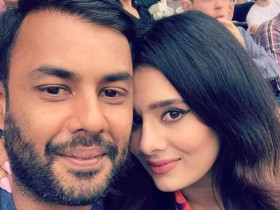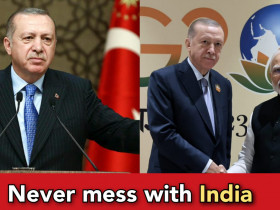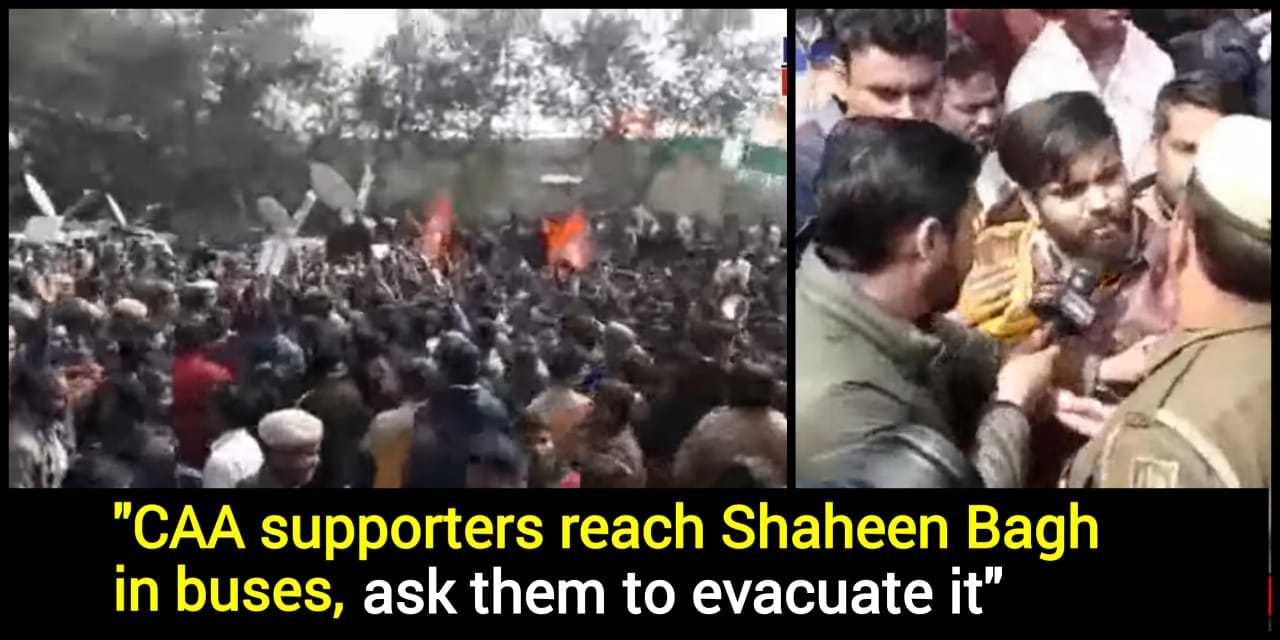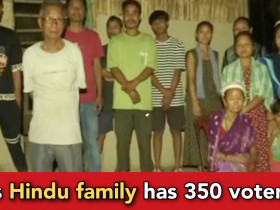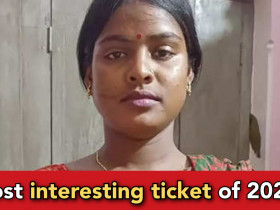The National Council of Educational Research and Training (NCERT) in its history school textbook claimed that Mughal emperors had rebuilt temples destroyed in wars. However, the claim was found false according to an RTI application.
The RTI application filed by one Shivank Verma had sought evidence for the claim made in the textbook. But the NCERT said it had no information to back its history textbook claim that Aurangazeb gave grants to rebuild temples destroyed during the wars in the Indian subcontinent. The response from NCERT irked Twitter users.
On page 234 of the history textbook, it says, “All Mughal emperors gave grants to support the building and maintenance of places of worship. Even when temples were destroyed during war, grants were later issued for their repair – as we know from the reigns of Shah Jahan and Aurangzeb.”
The chapter labels the Mughal empire as “a unifying force”, quoting Abu’l Fazl, Mughal chronicler and author of Akbarnama. It mentions how Akbar had abolished the jizya, and people from various religions and ethnicities were given awards and positions in the Mughal empire. However, in the paragraph claiming that the Mughal rulers had rebuilt temples after demolishing them, no source is given.
Therefore, an application was filed under the Rights to Information Act seeking the evidence of the claim made in the NCERT textbook. The petitioner had sought two details, regarding the claim, first, the source from which NCERT concluded that Mughals had issued grants for rebuilding temples destroyed in war during the regime of Shah Jahan and Aurangzeb, and second, the number of temples repaired by Aurangzeb and Shah Jahan.
In response to that, NCERT said that it does not have any information regarding the claim it made in the textbook. The reply to both the queries were “The information is not available on the files of the Department. The reply was furnished by professor Gouri Srivastava, head of the Department of Education in Social Sciences and also the Public Information Officer.

